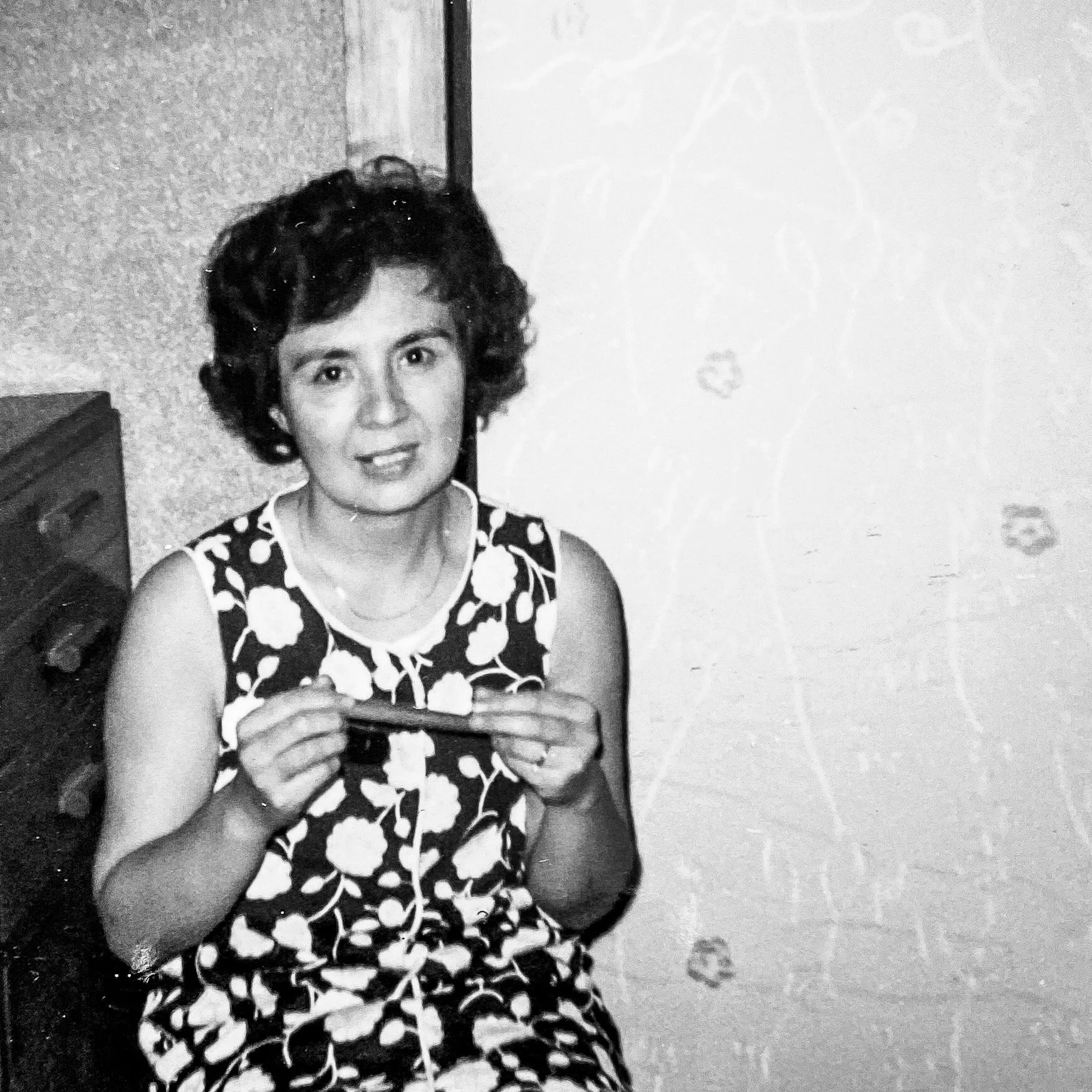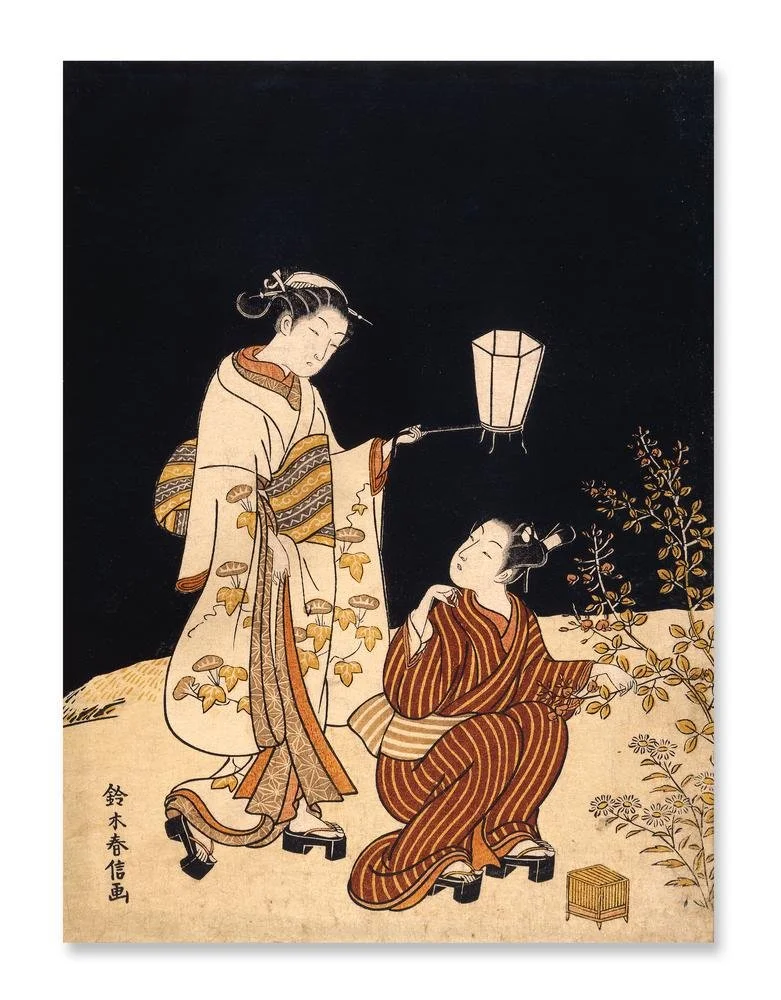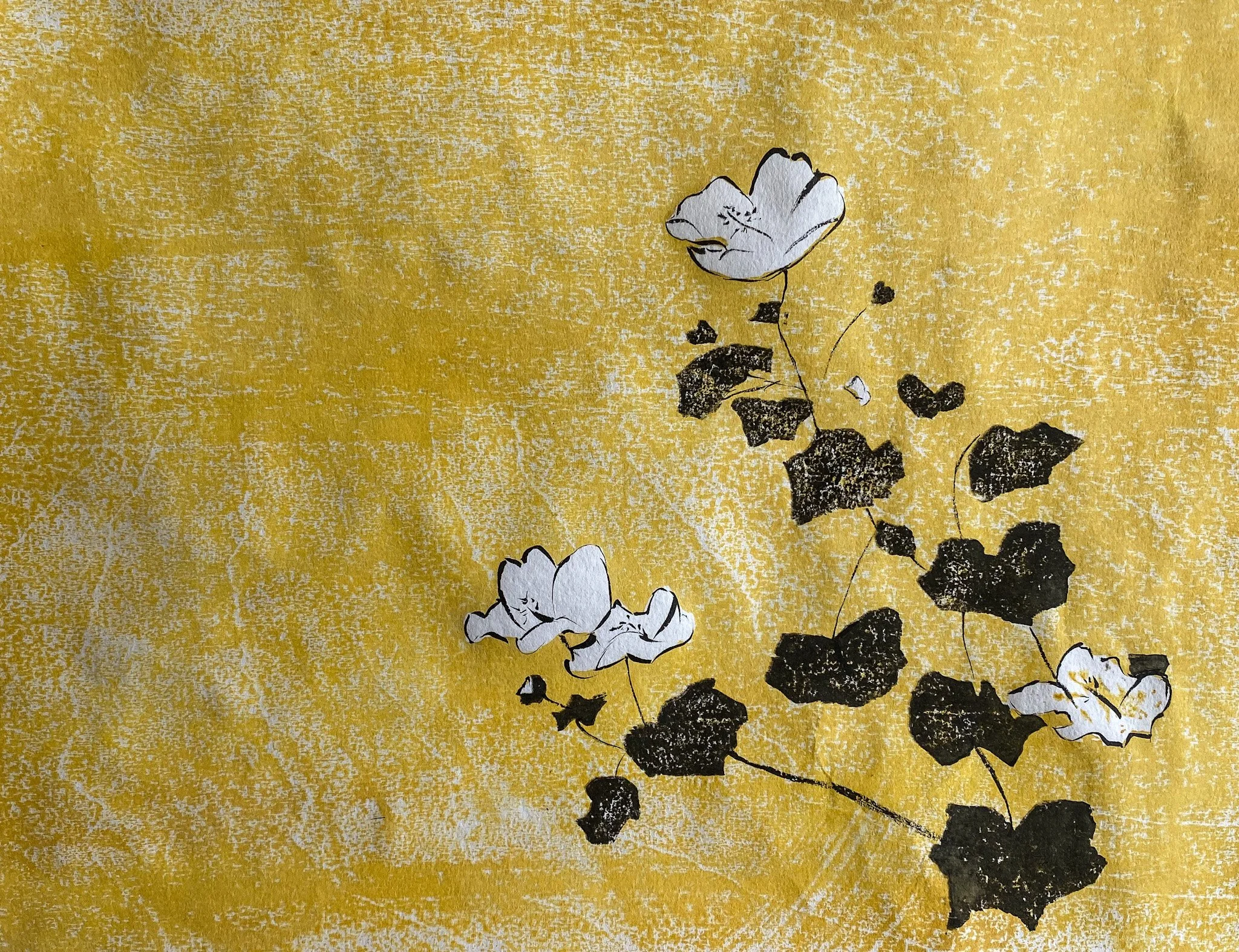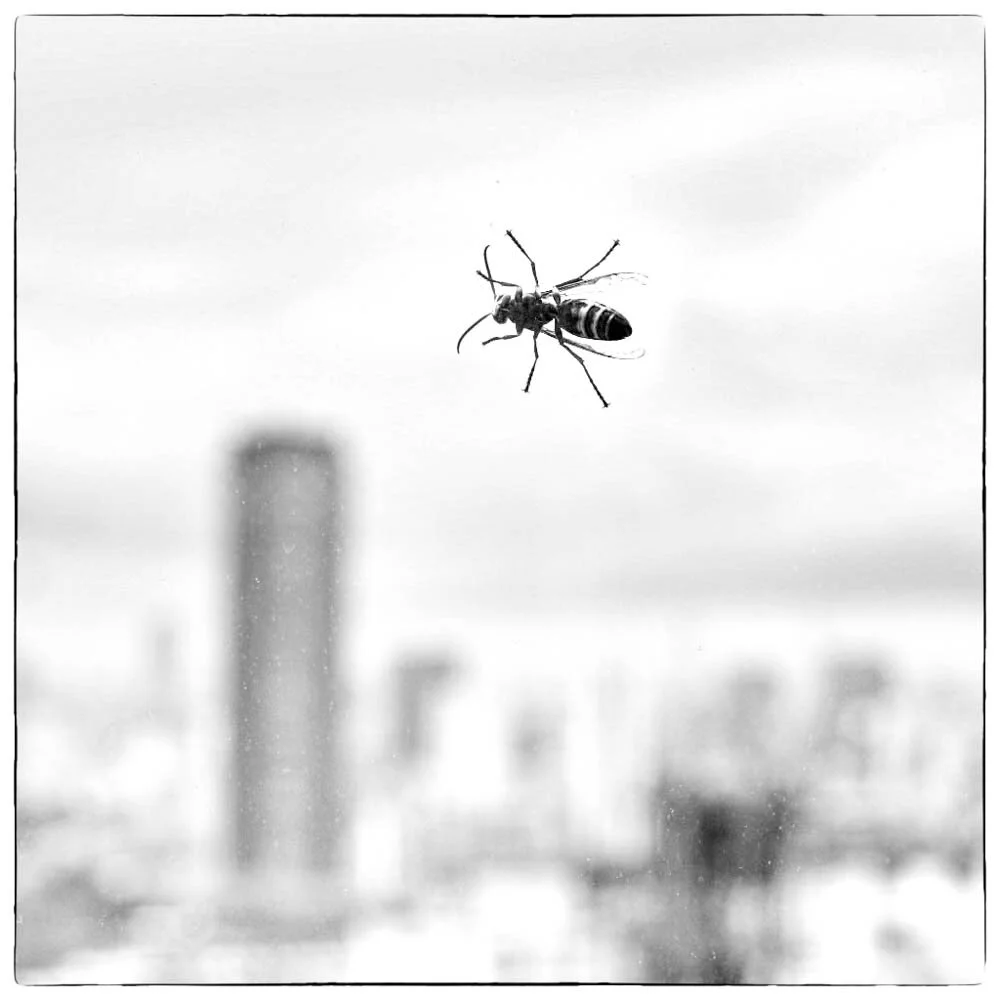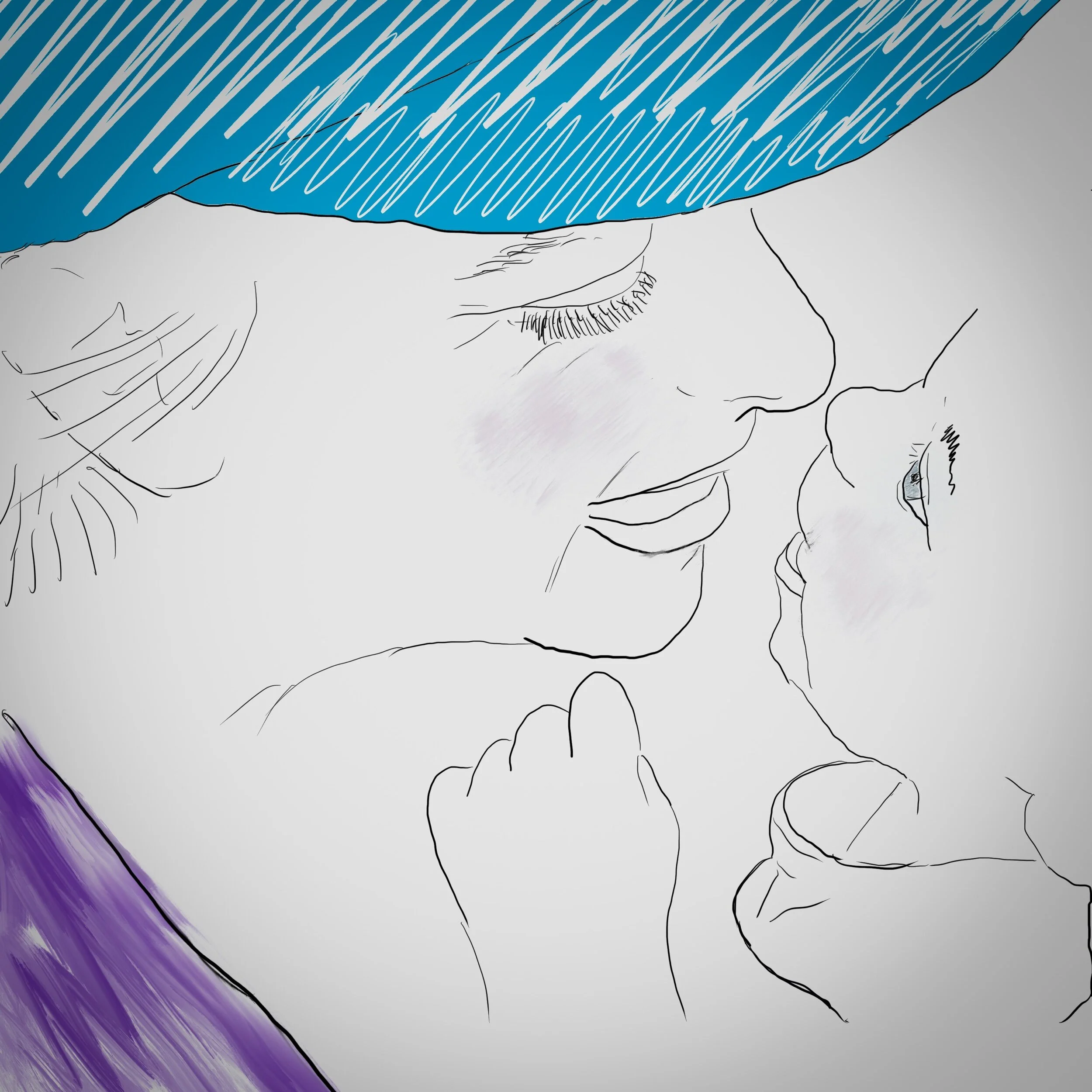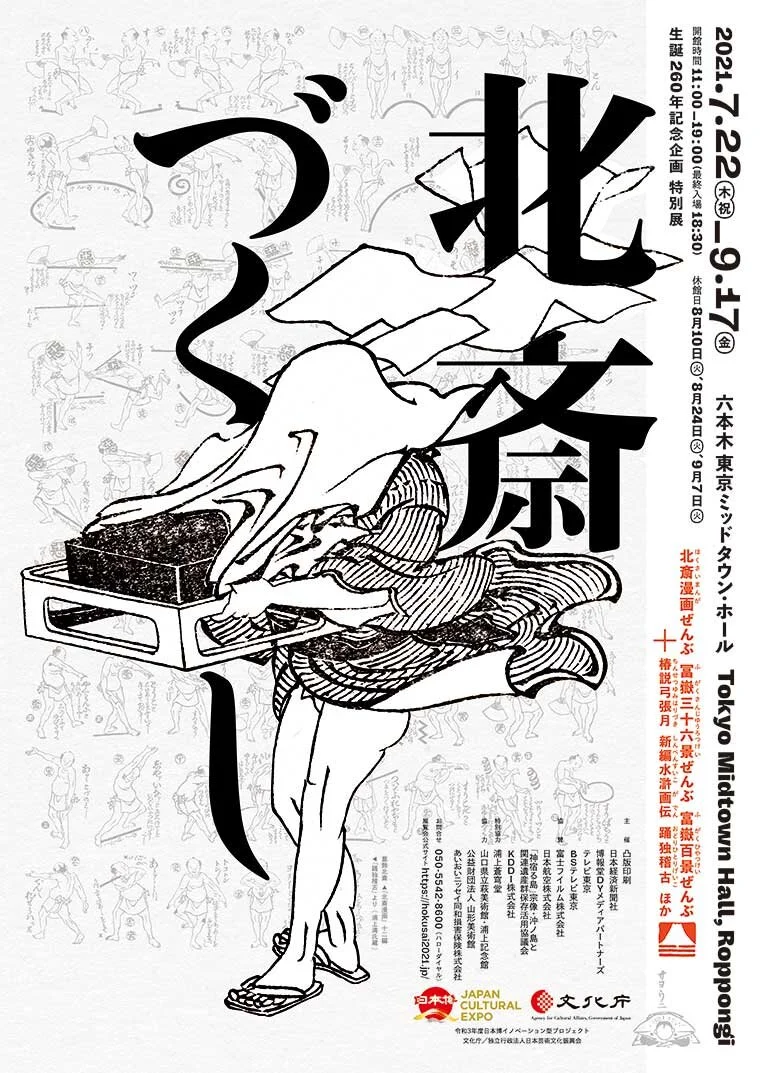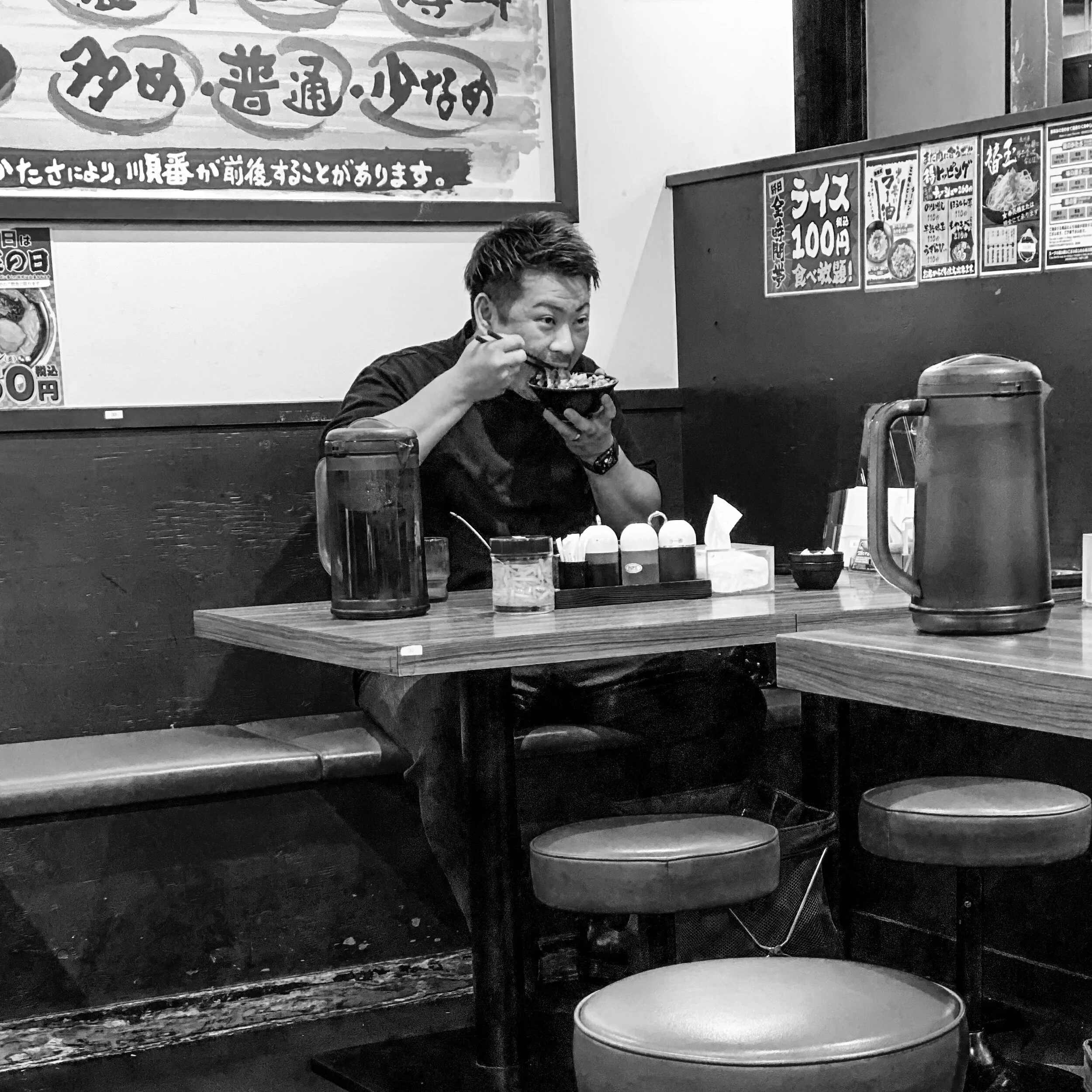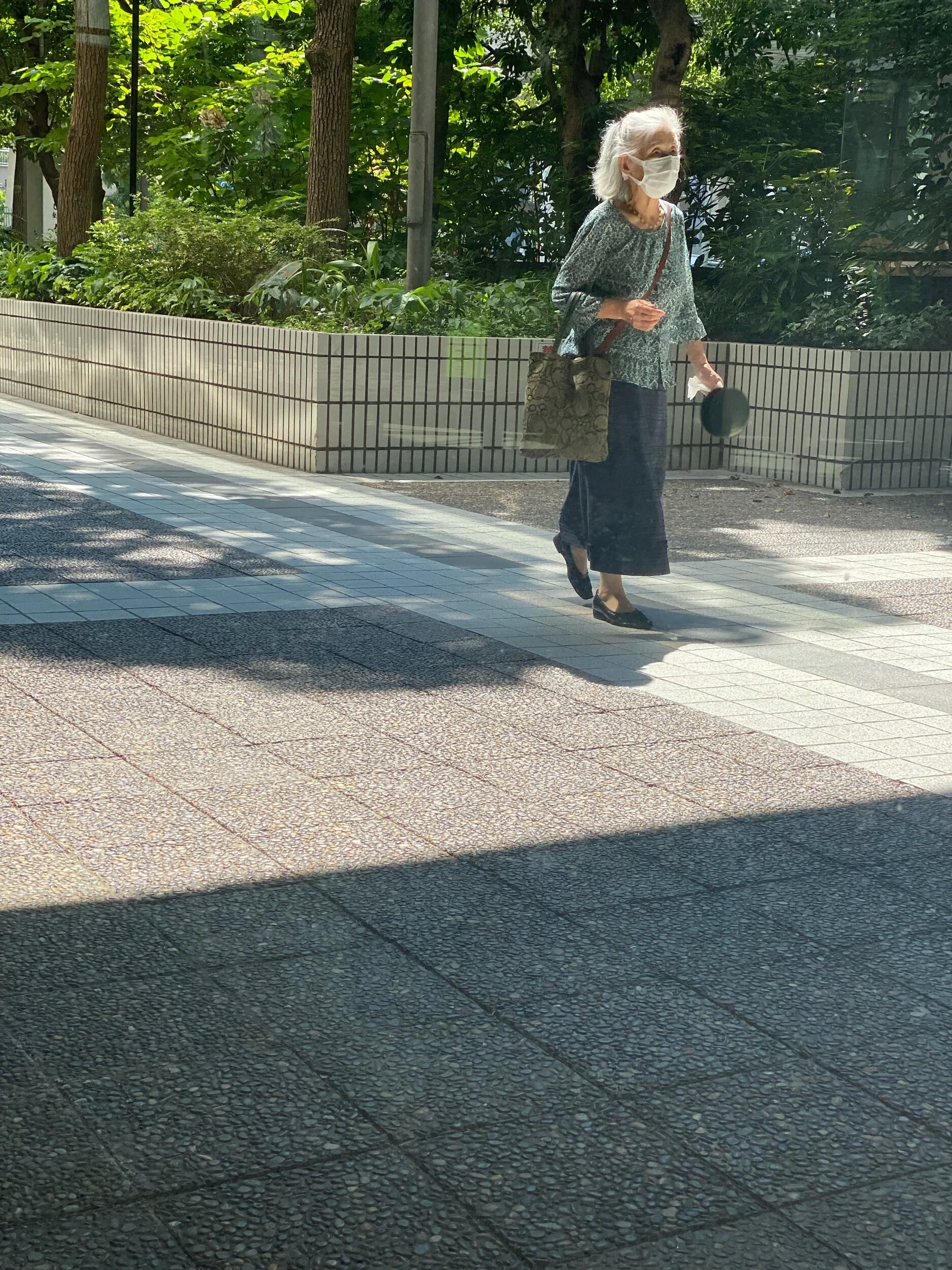Ittemairi-masu
Itterasshai
*
Tadaima
Okaeri-nasai
When I lived in Ogikubo with my Japanese family, I said and heard these phrases day after day. I have such warm memories of おお母さん Okaasan taking me to the front door and handing me my bag as I left. I’d say, “Ittemairimasu.” She would smile and say, “Itterasshai.” It was her loving way of saying, “Have a good day and discover lots, but please don’t forget to come home and see me.” Of course, every loving mother says the same to her family as they leave the house. In fact, your roommate may do the same. But, my memory is of Okaasan. Yelling out the door, itterasshai! And, no matter how late I’d return after an evening drinking and hanging out in Shinjuku, I’d hear from the back, “Tadaima!” “Welcome home, I missed you, hope you had a good day.”
Phrases for Leaving
Itte-mairimasu
When you leave home, you say 行ってまいります ittemairimasu. Itte comes from the verb iku (行く) and mairimasu comes from mairu and is a very formal way of saying ‘to go’. So it means, literally, I’m going and coming. (Note: I believe that today it may be more common to say ittekimasu which is the same as ittemairimasu but the 2nd phrase is less formal. But, I “grew up” hearing the first phrase, so I will continue to say it that way. In fact, I can’t remember saying it any other way. I remember that my roommate, Elaine, and I first remembered the phrase by say “ite-mighty mouse.” Makes all the sense in the world, doesn’t it?)
Itterasshai
Now, if you are left at home or the 2nd to leave, the proper way to say goodbye is, いってらっしゃい itterasshai. It means “Please, go and come back.”
Phrases for returning
Tadaima
The phrase you say when you return home is ただいま tadaima. This breaks down into ただ tada which means “only” or “just” and 今 ima which means “now.” So this means, “I just now got home.”
Okaerinasai
And finally, when someone comes home you say to them, おかえりなさい okaeri nasai (or informally, Okaeri) which means to come back home.
